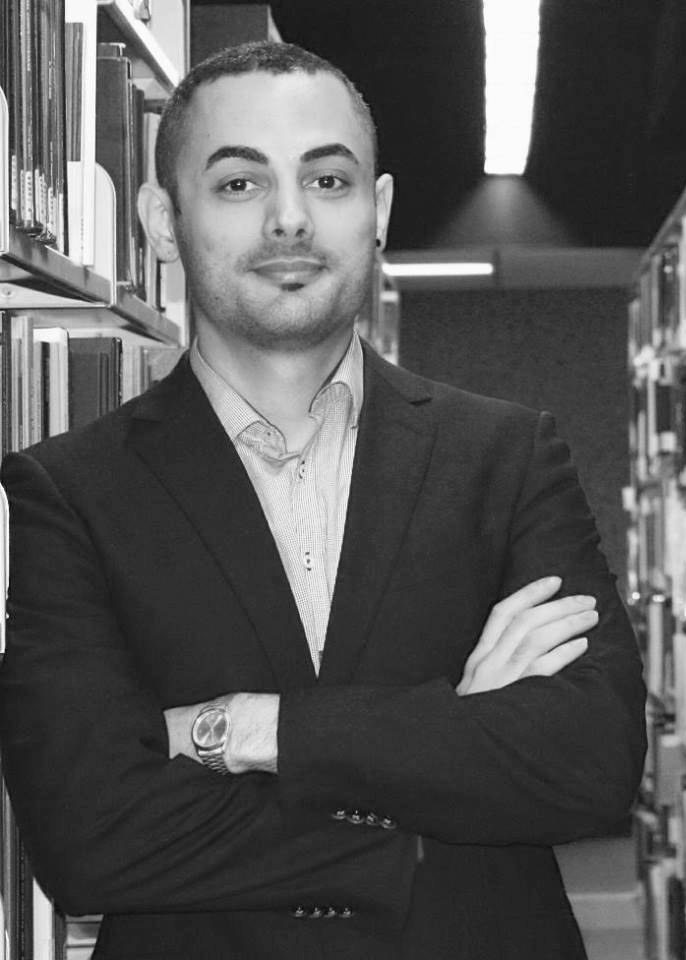UBC Sociology is excited to welcome Aryan Karimi as a new Assistant Professor. Dr. Karimi studies migration and refugee flows, the role of ethnic and racial boundaries in assimilation practices, and the daily lived experiences of racialized refugee and diasporic communities. His research highlights the link between pre-and post-migration experiences and the broader transnational legacies that impact migration.
We spoke to Aryan about his research, upcoming classes, and new teaching role with the Faculty.


What excites you about working at the University of British Columbia?
First is the UBC environment, my colleagues, and the kind of research that I see people are engaged in. And secondly, all the good things that I’ve heard about the students, people are being proactive and seeking out to find what they want to learn or things that they think might help them in the future. I haven’t taught at UBC yet, but I look forward to interacting with the students who are open to participation in class and open to learning and critical thinking.
What research project are you working on?
I would divide my research right now into two categories. First, I’m doing a deep reading of the migration literature, and theories to write a few analyses in a condensed way with some pieces of practical critique. I’m doing this with the goal that future students, my own undergraduate and grad students, would read these papers. I want to make these available to those who are coming into Sociology.
The second project for me is an empirical one. In migration studies, I would say in 99% of the work the main question is what are the newcomers doing when they arrive here? What are the newcomers doing to integrate here? But what are the majority and the established groups doing to help these newcomers’ integration? There is very little engagement with the last question. There are opinion polls, studies, and surveys, but all they measure are established groups’ attitudes towards immigration. We are not asking what are established groups doing on a daily basis for social integration. Are you learning a new language of newcomers? Their cuisine? Are you giving immigrants jobs so that they could integrate into our economy? We know very little.
In my empirical project, I have to find a majority established group who is in direct routine contact with newcomers, immigrants, or refugees. The prime example of that group in Canada is the private sponsors of refugees. These are Canadian permanent residents or citizens who are Canadian, well-established here, and who have enough financial and time resources to form groups whether it is private citizens or as part of an association, church, or community center to sponsor a newcomer to come to Canada. They are committed to supporting this person, this newcomer for at least one year with learning the language, finding housing, a job, making friends, etc. I think that is a good opportunity for this project to work with these people. And basically, categorize this into a chart, what is it that they are doing and experiencing on a daily basis? I believe that the project could make a good contribution to migration studies going forward.
What courses are you offering this year?
I’m offering a third-level course, SOCI303, Sociology of Migration. I hope to be able to develop more courses on migration and refugees. Right now, there are other possibilities in the department for migration-related courses as well, courses on citizenship, race, and ethnicity, and multiculturalism.
What’s your teaching style in the classroom?
There’s something called Socrates seminars. Student participation is at its core, it’s about inviting students, encouraging students, and giving space to students to speak up.
Sometimes to encourage students to feel secure and willing to share their opinions, I share my own experiences as an immigrant. I guess that provides a sense of safety for my students. I want the students to speak, question and contradict each other, to learn from each other.
“Sometimes, to encourage students to feel secure and willing to share their opinions, I share my own experiences as an immigrant, and I guess that provides a sense of safety for my students.”
What should students expect from you?
Work hard if you want good grades and get an A+. But that’s not what I think about success or failure. The second thing is that they should be prepared when they come to class. Every session, I assign one or two peer-reviewed papers and students must read the paper and post a short paragraph critical comment on canvas two hours before coming to class. Usually, at the beginning of the class, I read some of those comments that are reflective of the rest of the questions. That again is another opportunity for students to respond or ask further questions, or respond to each other. The third element that is very important to me, is to be mentally present in class. I don’t like to see students on Facebook, Twitter, or social media, talking to each other, or interrupting each other if some other student is speaking. My attitude is if you want to be on Facebook, stay home in your pajamas, it’s more comfortable.
What are you most looking forward to this upcoming school year?
Going back to in-person interactions. Since we are coming out of a pandemic, I have been away from campus and from in-person teaching for several years now. So I really look forward to teaching in-person and meeting my students and colleagues.


